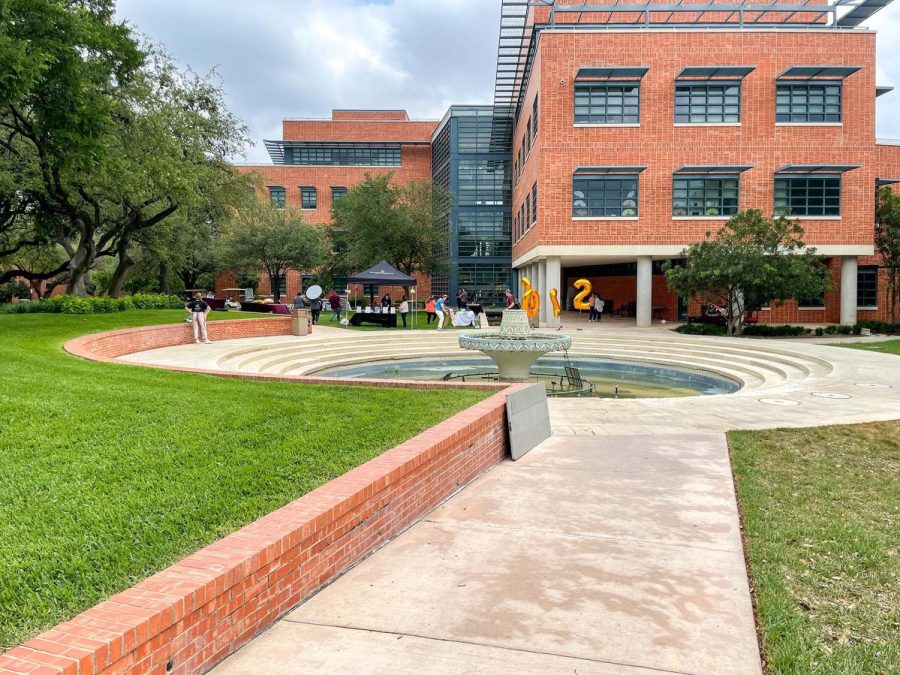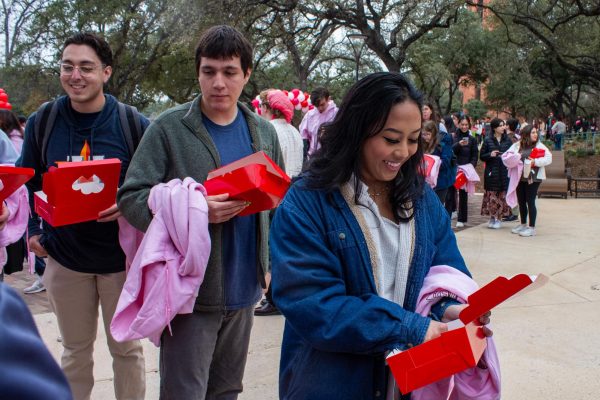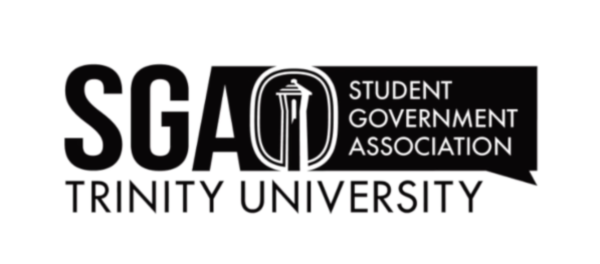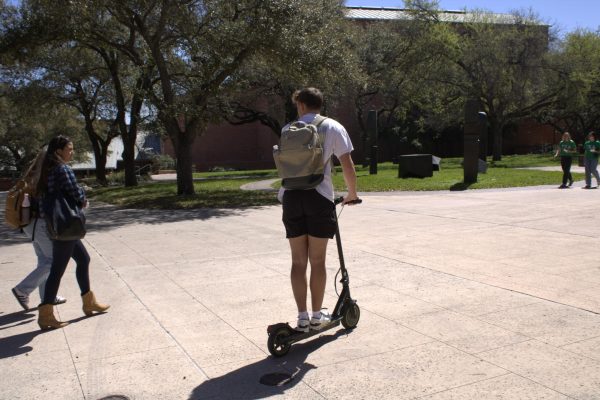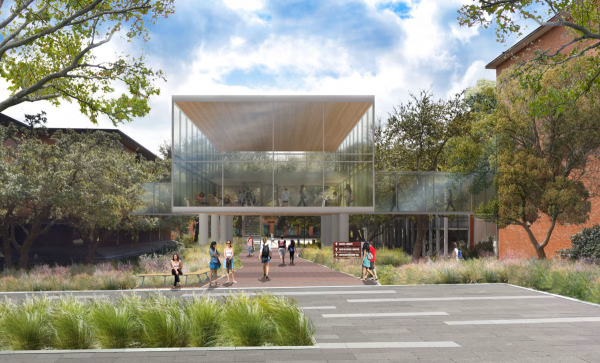Tradition transition: New and old traditions in the time of COVID
Dean Brown speaks on how traditions are changing and his plans for the future
Gradchella
Storied traditions have become an integral part of the collegiate culture in the United States. At Trinity University and other institutions across the world, traditions, like many other aspects of life, have been postponed, altered or altogether canceled due to the COVID-19 pandemic. Dean of Students Demi Brown, new to Trinity this academic year, plans on reemphasizing old traditions and adding new ones to the Trinity experience.
“I think it’s important when I think about student success that Trinity is a pretty tough place academically for students. I see it, I see how much work our students put in,” Brown said. “I think the traditions really do play a role and then they can help students have memorable experiences that can also take some stress away […] but it’s going to take a minute, I think, for our students to re-acclimate to doing all those things [traditions] in-person.”
Some examples that Brown specified were plans to create more traditions in accordance with class year, so every year there will be a tradition for students to look forward to. Additionally, Brown emphasized the importance of including sophomores in traditions like a Major Declaration Day celebration.
“Can we make [Major Declaration Day] a bigger thing? […] Can we do some cool ceremonial things around picking your major? For example, most students realize at commencement that each academic discipline has its own color. Can we do something related to that?” Brown said.
Brown, with extensive experience as a diversity officer at Millsaps College, is focused on incorporating Trinity’s goals of diversity, equity and inclusion into these new traditions. He emphasized that the current generation of students craves actively inclusive environments, which as dean of students, he will be in charge of advocating for on a campus level.
“Going forward, I think we have an opportunity to make sure that anything that we build, and also assessing the things that are already present, [it is important to ask] how accessible and how do they contribute to the sense of belonging on campus that they really are,” Brown said.
A recent event, Gradchella, hosted by the Center for Experiential Learning and Career Services (CELCS), is intended to become one of the new events for students to enjoy every year. Katie Ramirez, director of CELCS, talked about the goals of the event: to celebrate seniors and their accomplishments, to collect senior first destination data and to connect Trinity students to CELCS services in a fun environment.
Ramirez and Tabitha Venezia, assistant director for Assessment and Technology, spoke of their hopes to make Gradchella a tradition for students to cherish. Next year, CELCS plans for Gradchella to take place during San Antonio’s Fiesta celebration from April 20-30 and to include more departments and groups.
“For us as a department, we look forward to collaborating with more students and getting more student input into how we can make it an even better event for them. And [we’re] also looking forward to continuing partnering with other campus departments to reach more people and get more people involved to celebrate our graduating students as well as all Trinity students,” Venezia said.
In regard to traditions, it appears that new events, like Gradchella, as well as the return of others, like Happy Fridays when the acapella groups on campus sing in Coates on Friday, will inhabit the Trinity student experience for current and incoming students.
“I’m really super proud of what the students are building and the social cultures that’s returning: the concerts, the opportunity to hang out with your friends … and I think those are things that are just beautiful to watch on campus,” Brown said.
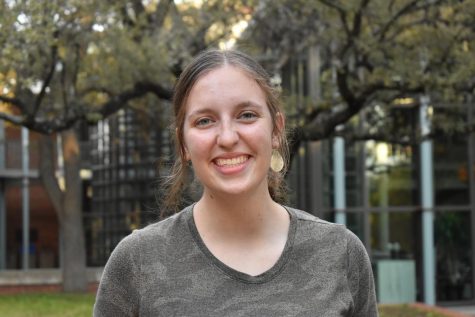
Hello, y'all! I'm Abby Power, and I am a sophomore news reporter from Kyle, Texas. I intend to major in Political Science, Spanish, and Global Latinx Studies....
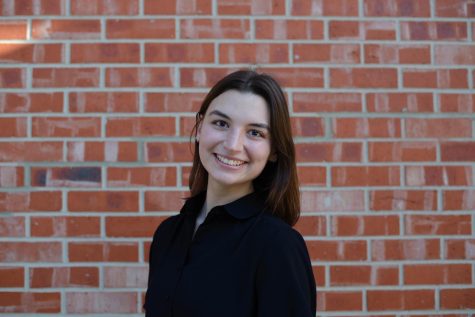
My name is Ashley Allen and I am a senior completing a BA in art history at Trinity University, with a minor in Medieval and renaissance Studies. I hope...

